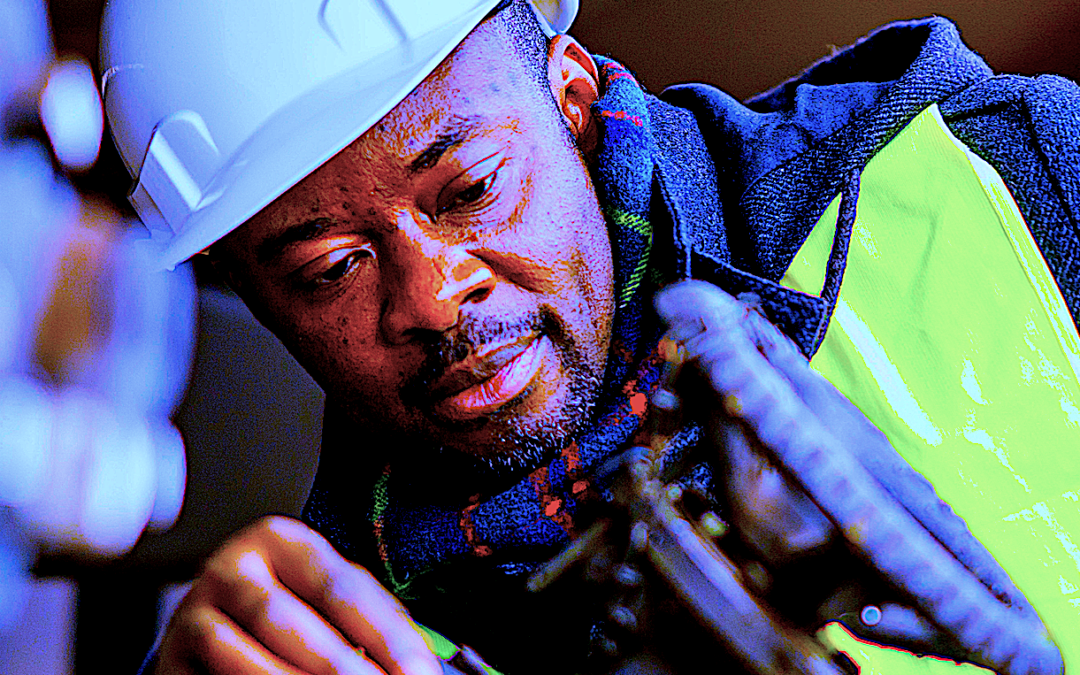Executing equipment maintenance is as much about behaviors as it is about skills. Think of a skill as knowledge about HOW to do something, while a behavior is related more to understanding WHY—basically having an appreciation for the motivation.
Behaviors are very much about mindset and culture. In the plant, we hope to create a culture of defect avoidance through proactive and precision maintenance. This requires a change in behaviors. Here’s my top-10 list. Instilling and nurturing these behaviors in precision-maintenance technicians will lead to cultures of proactive and precision equipment care. Note that the following attributes aren’t listed in any order of importance.
1. Measure twice, cut once. A large percentage of equipment failures are early-life or “infant mortality” failures. These events occur largely due to a lack of precision in the rebuild and/or installation process. The precision-maintenance technician takes care to assure that all controllable quantitative and qualitative aspects of a job are executed correctly by checking and doublechecking tolerances and compliance to those tolerances.
2. Use the right tool for the right job. The precision-minded technician understands that excellent work cannot be performed without the right tools for the job. He or she clearly explains to the supervisor or supporting engineer what tools are required to do the job right and makes sure the job plan specifies those tools and that they’re available at the time the job commences.
3. Why-why mindset. Machines fail for a reason. The precision-maintenance technician understands the physics of failure and the forcing functions that compromise reliability. He or she is constantly asking why a machine failed and could it have been prevented. Likewise, he or she knows which operating conditions induce failure and strives to understand why they’ve fallen out of control. This understanding allows control to be restored and the cause for the deviation to be eliminated. The precision-maintenance technician is always in root-cause-analysis (RCA) mode—every hour of every day.
4. Good parts = good maintenance. The precision-maintenance technician understands that we must use the right parts and materials that are in the right condition to ensure proactive control of machine reliability. He or she won’t compromise by installing the incorrect part or a part that’s been compromised during storage (shelf degradation). Likewise, the precision-maintenance technician makes sure other materials, such as lubricants, are of the right type and that they’re clean, dry, and in good condition before being added to the machine.
5. A clean machine is a happy machine. The precision-maintenance technician is a stickler for cleanliness and order. In the Toyota Production System (TPS), this is often referred to as the 5S system (sort, set-in-order, shine, standardize, sustain). He or she understands that a clean machine is easier to inspect and, accordingly, find minor defects and conditional abnormalities that can be corrected to restore precision condition control. The precision-maintenance technician also realizes that cleanliness in the plant instills an important sense of pride in the workplace.
6. A blood cell-sized lube film separates reliability from failure. The precision-maintenance technician understands that a lubricant film of about five micrometers (or about the diameter of a red blood cell) is the difference between machine reliability and failure. He or she is diligent in making sure the lubricant that provides the appropriate sized film is healthy, sufficient and free of contamination. The precision-maintenance technician is also rigorous in controlling sources of vibration, including misalignment, unbalance, and looseness, that overwhelm the lubricant’s film strength and corrects those issues before they can cause harm.
7. I know what’s in it for me (WIFM). The precision-maintenance technician realizes that in equipment asset-dependent company, such as a manufacturing or process plant, the health of the machinery assets determines the health of the company. He or she understands that if the assets perform well, his or her prospects for continued employment and professional growth are strong, which is good for the entire community. The precision-maintenance technician clearly understands that a reliable plant is a safer and more environmentally sustainable plant.
8. Big problems are the byproduct of little problems that we didn’t address when we could have and should have. The precision-maintenance technician understands that ignoring a little problem today results in a big one tomorrow. He or she has learned that machines don’t miraculously fix themselves. Thus, the precision-maintenance technician eagerly searches for opportunities to make minor adjustments and corrections so as to proactively prevent issues from turning into big problems later.
9. The devil is in the details. The precision-maintenance technician demands that preventive and corrective maintenance work instructions and job cards include fit, tolerance, quantity, and quality details necessary to complete the task correctly and with precision. He or she doesn’t depend upon memory or guesswork to execute the job, knowing that lack of (or ineffective) procedures is the leading root cause of machine failure.
10. Continuous improvement drives excellence. Toyota calls it “kaizen.” In English, we refer to it as continuous improvement. The precision-maintenance technician realizes that small, incremental improvements add up and have a major impact on the reliability of equipment assets in a plant. He or she strives to improve parts quality, work instructions, work execution, and work quality assurance every day with the knowledge that “we’ll do better” tomorrow and the day after, which, over time, equates to huge gains.TRR
ABOUT THE AUTHOR
Drew Troyer has 30 years of experience in the RAM arena. Currently a Principal with T.A. Cook Consultants, he was a Co-founder and former CEO of Noria Corporation. A trusted advisor to a global blue chip client base, this industry veteran has authored or co-authored more than 250 books, chapters, course books, articles, and technical papers and is popular keynote and technical speaker at conferences around the world. Drew is a Certified Reliability Engineer (CRE), Certified Maintenance & Reliability Professional (CMRP), holds B.S. and M.B.A. degrees, and is Master’s degree candidate in Environmental Sustainability at Harvard University. Contact him directly at 512-800-6031 or dtroyer@theramreview.com.



